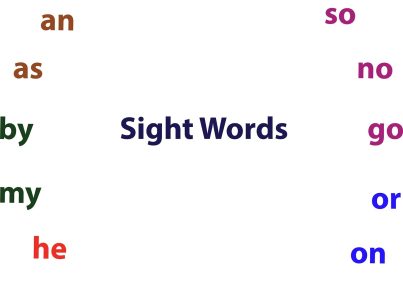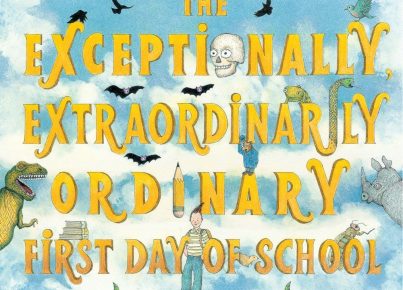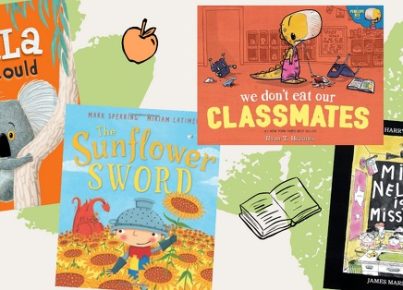Reading is a crucial skill that can open doors to immense knowledge, creativity, and personal growth. Encouraging children to become lifelong readers is a parenting goal that many aspire to. However, the way we talk about books and reading with kids plays a significant role in shaping their attitude towards the world of literature. Here are five things you should never say to kids about books and reading:
1. “Books are too difficult for you.”
Telling a child that a book is beyond their comprehension can be discouraging and instill fear of trying something new. Instead, celebrate their interest in challenging materials and provide guidance or help if needed. It’s essential to cultivate a growth mindset so that children see themselves as capable learners who can improve with time and effort.
2. “Comics and graphic novels aren’t real books.”
Dismissing certain genres or formats as inferior can dissuade children from exploring various literary works. Some kids may find comics or graphic novels more engaging and accessible due to their visual elements, which can entice them into the world of reading. Accepting and appreciating all kinds of stories encourages kids to continue seeking out different types of books.
3. “You have to finish a book even if you don’t like it.”
Forcing children to complete books they don’t enjoy can turn reading into a chore rather than a joyous activity. Teach kids that it’s okay to put aside a book that doesn’t interest them and choose something else they find appealing. This will help them develop their taste in literature while reinforcing the idea that reading should be enjoyable.
4. “You must only read educational books.”
Although educational books are valuable, it’s essential not to limit your child’s book choices solely to these types of texts. Children should feel free to explore different genres, adventure stories, fantasy, mysteries, or science fiction, as these stories also contribute to their overall development and imagination. Reading should be seen as a pleasurable activity that expands their horizons, not just a means for acquiring knowledge.
5. “If you don’t read, you’ll be unsuccessful in life.”
Using scare tactics to promote reading can have negative effects on a child’s relationship with books. Instead of pressuring them with threats of failure, focus on the many positive benefits of reading: increased vocabulary, better comprehension skills, improved critical thinking abilities, and broadened perspectives. Encourage reading as a way to discover new worlds and ideas rather than using it as a tool for fear-mongering.
In conclusion, the language we use when discussing books and reading with children is critical in shaping their attitudes towards literature. By avoiding these negative phrases and supporting their literary journey, you can help foster an enduring love of reading that will greatly enrich their lives.




